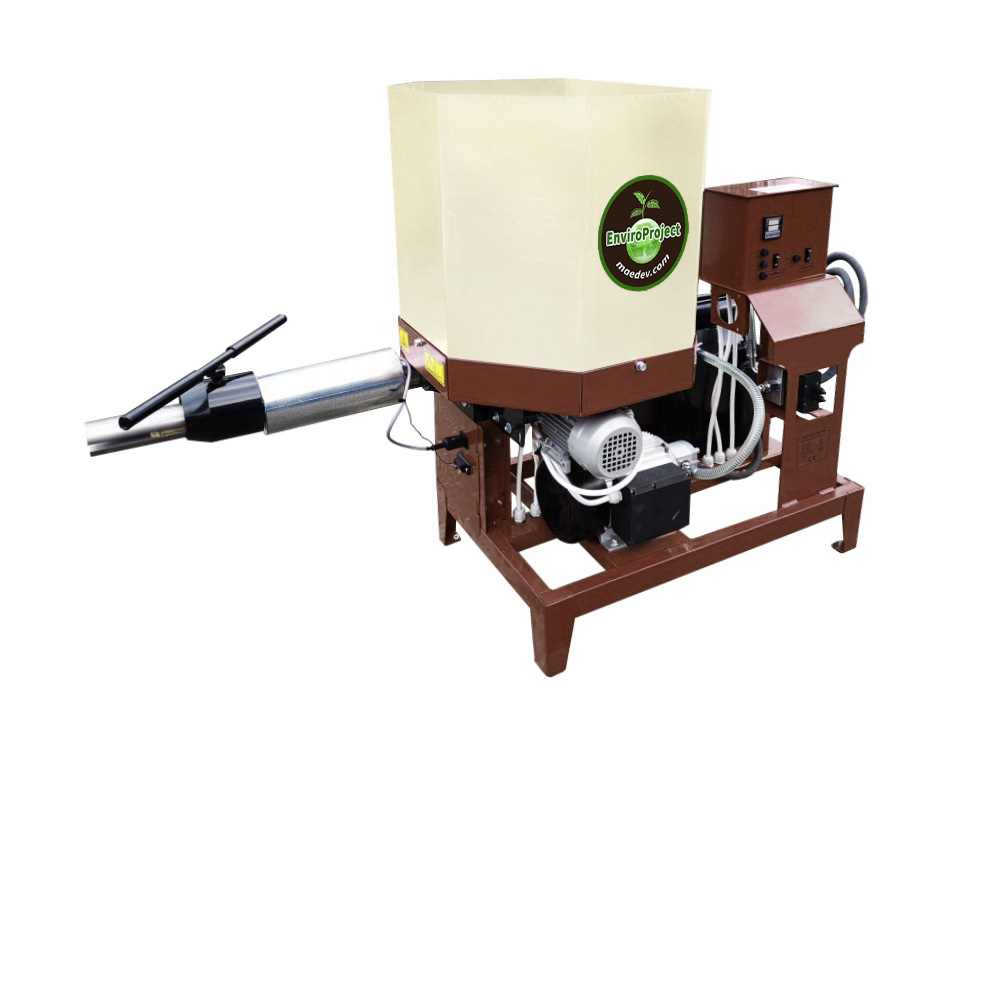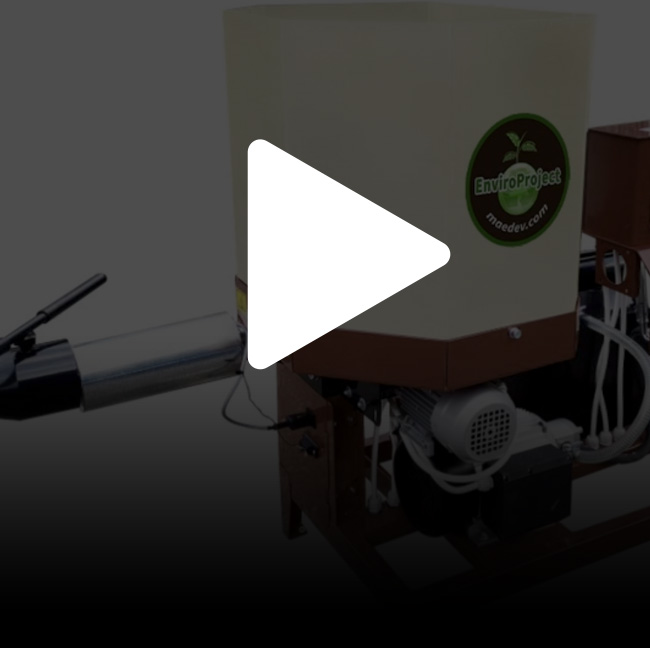Embracing a truly sustainable future:
The Role of Biomass Briquette Machines in the UK’s Clean Energy Strategy
In recent years, the UK government has intensified its efforts to combat air pollution and shift towards more sustainable energy sources. With legislation aimed at phasing out the sale of coal and wet wood for domestic burning by 2023, there is a clear move towards cleaner, more environmentally friendly alternatives. This legislative push provides a unique opportunity for industries to innovate and contribute to a greener future. One such innovation comes in the form of biomass briquette machines, which process waste from the dry wood and dried agricultural sectors into renewable and sustainable sources of heat.
Biomass briquette machines offer a compelling solution to the challenges of waste management and renewable energy generation. These machines convert sawdust, agricultural residues, and other forms of biomass waste into high-density briquettes. These briquettes serve as an eco-friendly alternative to traditional fossil fuels and align with the UK’s Resources and Waste Strategy, which emphasizes minimizing waste, promoting resource efficiency, and transitioning towards a circular economy.
The Environmental and Economic Benefits
The use of biomass briquettes supports the UK’s clean air strategy by reducing emissions of harmful pollutants. Compared to burning wet wood or coal, briquettes produce significantly less smoke and particulate matter, contributing to improved air quality and public health. Moreover, by repurposing waste from the wood and agricultural industries, briquette machines help in reducing the amount of waste sent to landfills, thus mitigating methane emissions and further contributing to carbon neutrality efforts.
Economically, the deployment of biomass briquette machines can stimulate local economies, create jobs in the green technology sector, and provide a cost-effective fuel option for businesses and consumers alike. The energy content of biomass briquettes is comparable to that of coal, making them a viable and efficient source of heat for homes, industrial processes, and power generation.
Aligning with Government Initiatives
The UK government’s commitment to reducing particulate matter and other pollutants from domestic burning provides an opportune backdrop for the adoption of biomass briquette technology. By aligning with governmental goals, buyers of briquette machines can leverage policy support, potentially access grants or subsidies, and contribute to the nation’s environmental targets.
Furthermore, public awareness campaigns and educational efforts about the benefits of cleaner fuels can increase demand for biomass briquettes. The government’s “Burn Better. Breathe Better” campaign underscores the need for cleaner burning practices, highlighting the role that individuals and businesses can play in improving air quality.
Looking Forward
As the UK moves towards its goal of net-zero carbon emissions by 2050, innovations in renewable energy and waste management will be crucial. Biomass briquette machines represent just one piece of the puzzle, offering a practical solution that harnesses the potential of waste materials for sustainable energy production. By supporting the adoption of this technology, the UK can take a significant step forward in its environmental stewardship, enhancing resource efficiency, and transitioning to a cleaner, more sustainable future.
In conclusion, the intersection of government policy, environmental sustainability, and technological innovation presents a unique opportunity for the biomass briquette industry. As we move forward, it will be essential for stakeholders across sectors to collaborate, ensuring that the benefits of biomass briquettes are fully realized in the pursuit of a greener, more sustainable UK.
« go back





